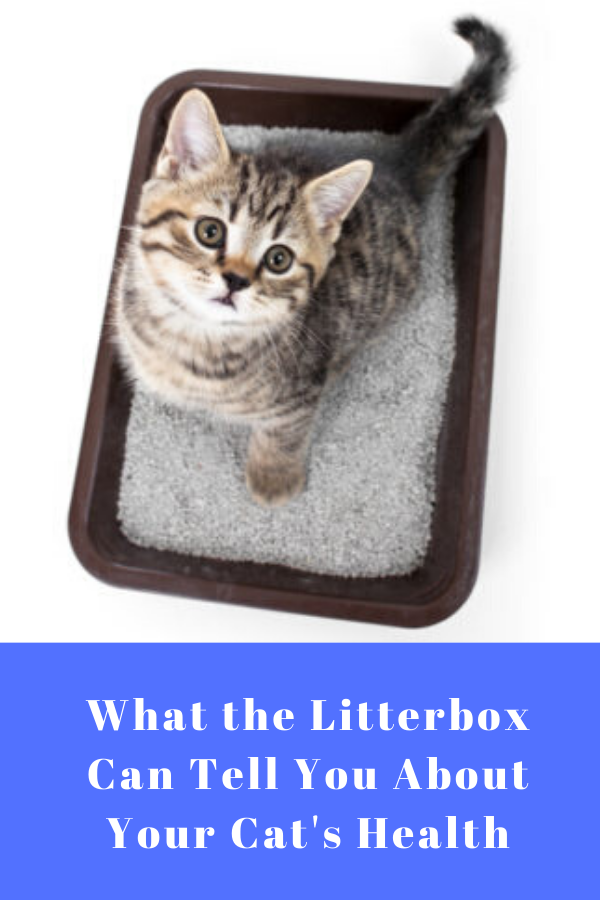What the Litterbox Can Tell You About Your Cat’s Health
Posted on April 20, 2020 by Joy of Living No comments

Scooping your cat’s litterbox isn’t the most enjoyable chore, but it is a chance to learn some things about your cat’s health.
Potential Health Concerns
I can imagine this sounds strange, but when scooping the litterbox, here are a few things to watch for:
- Signs your cat has diarrhea or is constipated. If this becomes common (two consecutive days), or you notice blood in the stool, make an appointment with your veterinarian.
- Pay close attention to urine clumps. An increase in the size and/or number of clumps could signal diabetes. If the clumps are fewer and becoming smaller in size, it could signal crystals in your cat’s kidneys. If you notice your cat straining to urinate, seek medical attention immediately, as this could signal a potentially fatal urethral blockage.
Tools For Earlier Detection and Treatment
Have you noticed your cat drinking more and going to his litterbox more often? This often signals a cat’s become diabetic. There are several litters available to help identify potential cat health risks and seek treatment sooner.
At home tests are also available to identify potential urinary tract infections (UTIs). The Global Coastline At Home Test helps identify potential diabetes, UTIs and other urinary conditions.
Although these items help identify potential health risks, it is important to seek medical attention for your cat if the litter and/or test indicates a problem.
Conclusion
Cats are masters at concealing health problems, so subtle signs like changes in litterbox content may be the only sign we get that something is wrong.
If you notice changes in your cat’s litterbox contents, or your cat suddenly begins avoiding using the litterbox, don’t assume it’s a behaviral problem. Make a vet appointment to rule out any physical problems. Once health problems are resolved, your cat may be hesitant to use the litterbox.
Cats often associate the litterbox with pain after having an infection, urinary crystals or other kidney/bladder problem. If you experience this with your cat, it may be necessary to do retraining.
What is your cat’s litterbox saying about his health?

Comments